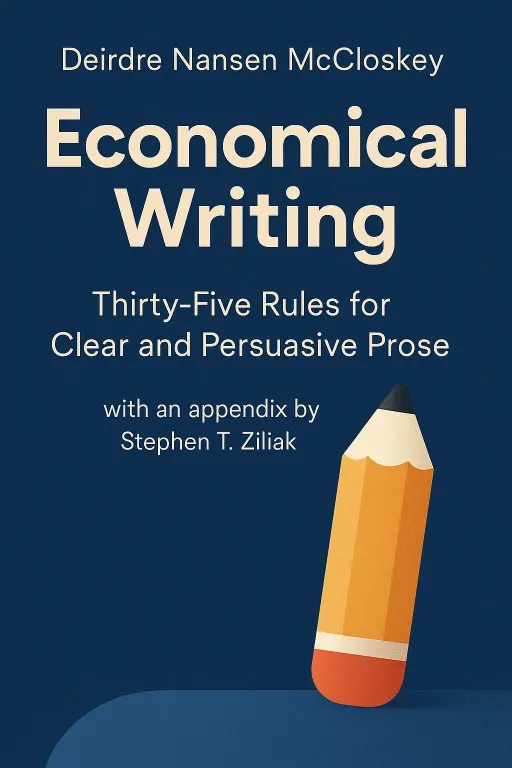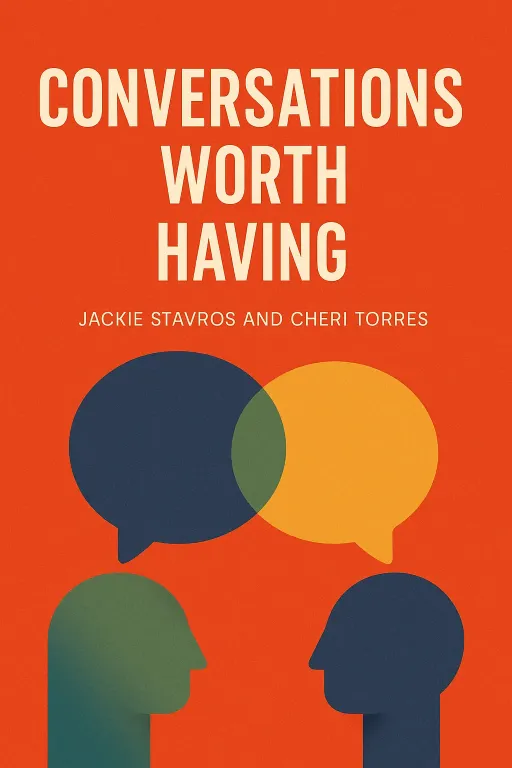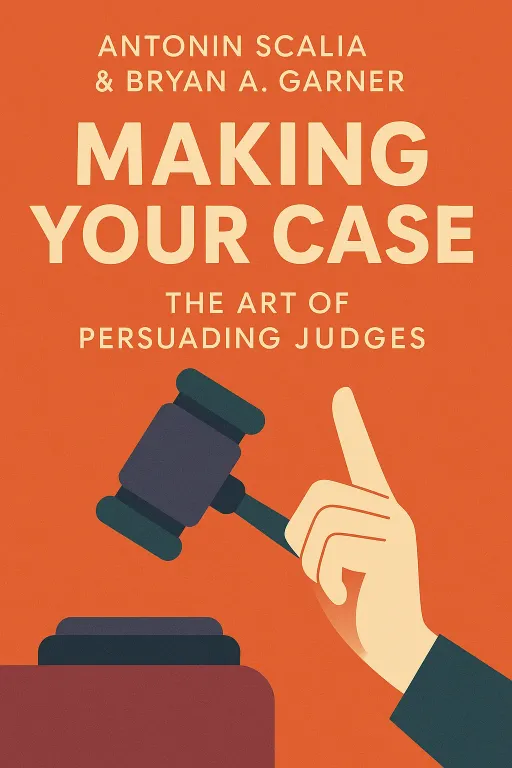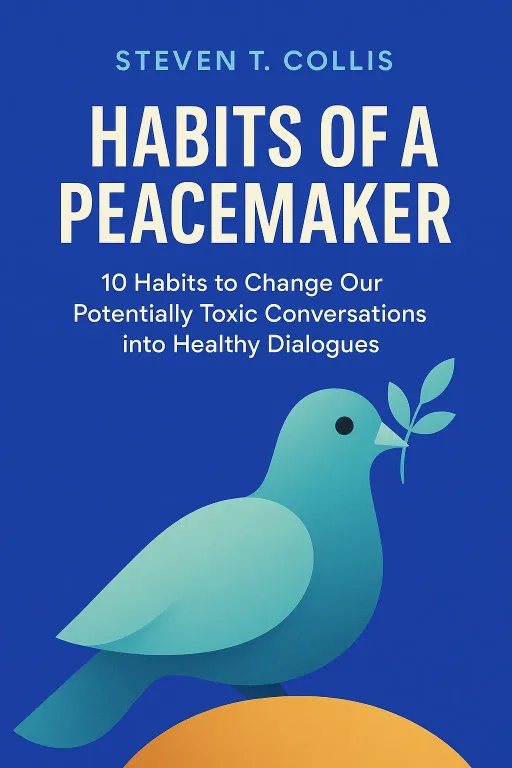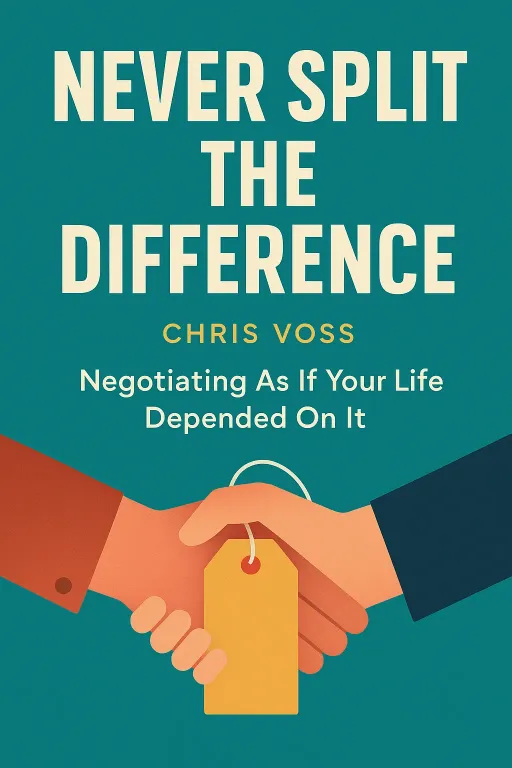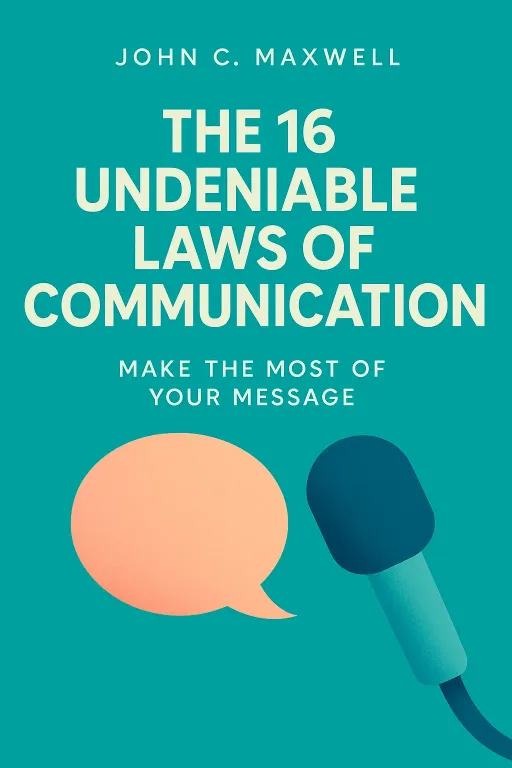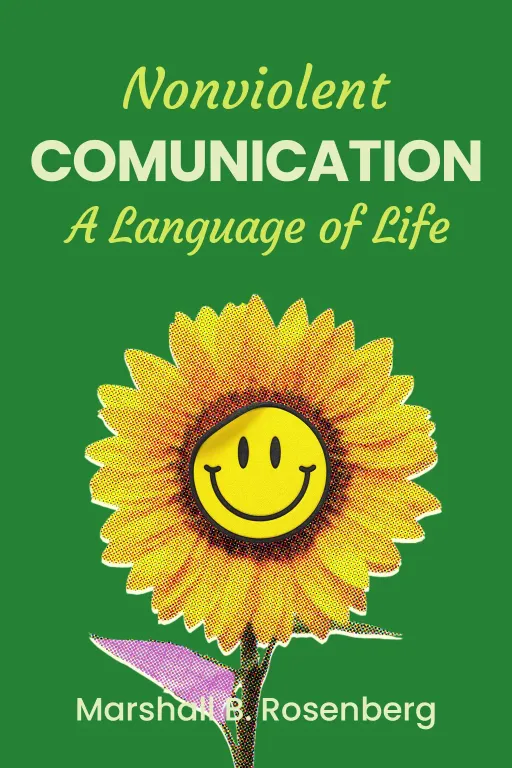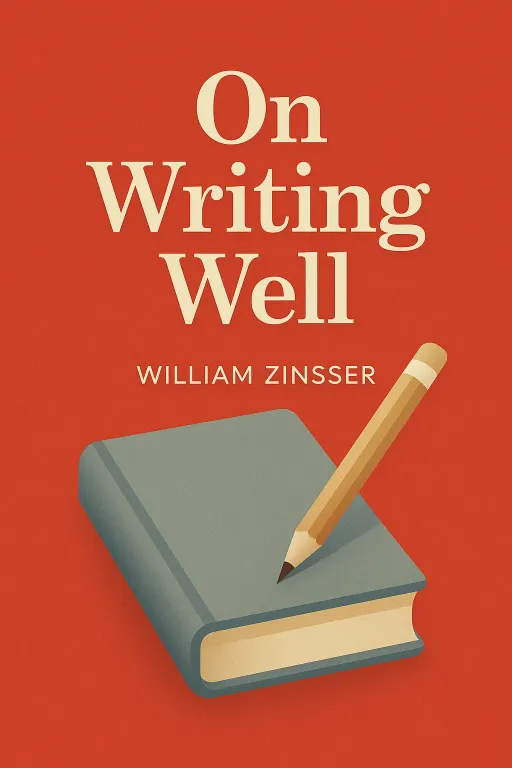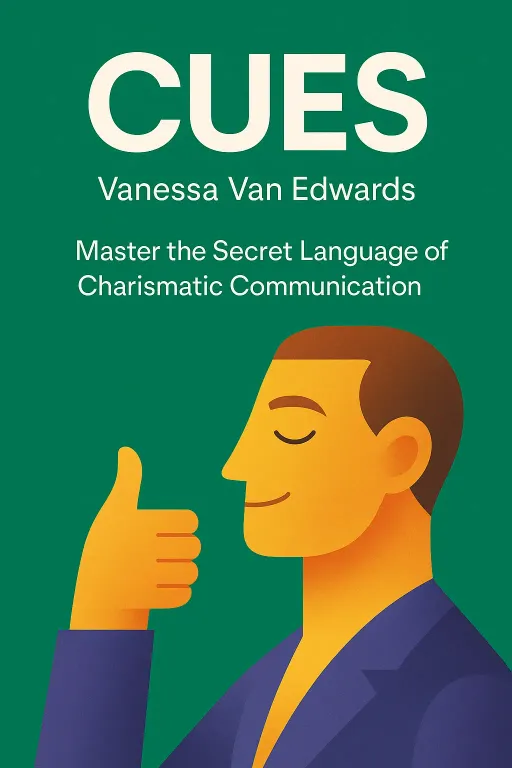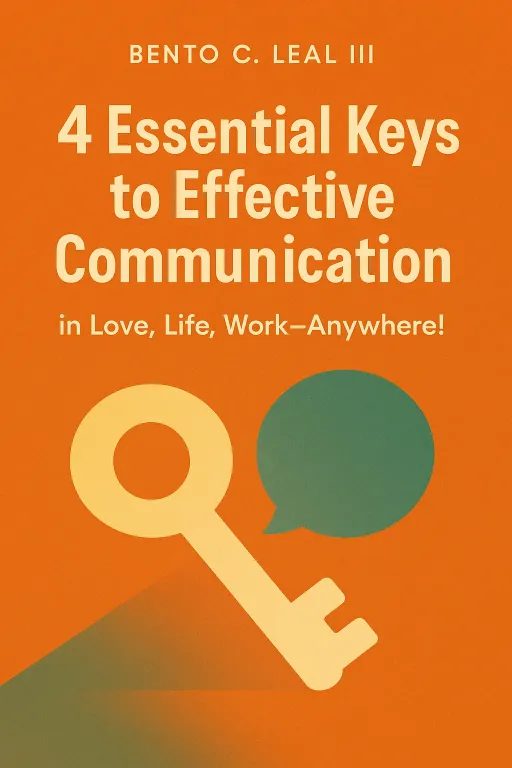
4 Essential Keys to Effective Communication in Love, Life, Work—Anywhere!
10 minIntroduction
Narrator: Imagine you're listening to a close friend who is excitedly telling you about a new project at work. You nod, you make affirming sounds, but inside, your mind is a world away, churning through your own to-do list, rehearsing what you'll say next, and wrestling to maintain a facade of interest. Suddenly, a startling question cuts through your internal noise: "Do I actually care about what he's saying?" This was the uncomfortable epiphany that struck author Bento C. Leal III, a moment that revealed a profound truth about communication. He realized that all the listening techniques in the world are useless without a genuine, underlying sense of value for the person speaking.
This realization forms the core of his book, 4 Essential Keys to Effective Communication in Love, Life, Work—Anywhere! Leal argues that true connection isn't built on clever scripts or conversational tactics, but on a foundational skill he calls Empathic Awareness. The book provides a practical roadmap for moving beyond superficial interactions to build relationships that are resilient, understanding, and deeply connected.
The Foundation is Empathic Awareness
Key Insight 1
Narrator: The book's central argument is that effective communication begins long before any words are spoken. It starts with an internal mindset the author calls "Empathic Awareness," which is the foundational skill for all others. This skill is not about technique, but about perspective—specifically, the conscious decision to see both yourself and the other person as unique, special, and valuable.
Leal’s own journey to this understanding began not in a moment of communication success, but of failure. While listening to a friend, he realized his mind was wandering, and he was forced to confront the fact that he wasn't truly interested. This led to a deeper question: how much do you really care about someone if you can't give them a few minutes of undivided attention? The epiphany was that the problem wasn't his listening technique, but his lack of genuine value for the person in that moment.
To build this foundation, Leal outlines a four-step process. It starts with recognizing your own inherent value, a concept he likens to the airplane safety rule to "put your own mask on first." You cannot genuinely value others if you do not first value yourself. The second step is to extend that same recognition to others, seeing each person as worthy of respect. The third is to consciously create the desire to listen and relate, turning this internal value into an active intention. Finally, the fourth step is to focus on the positives in the relationship, which opens the heart and makes connection possible. Without this bedrock of Empathic Awareness, any attempt at communication is just an empty exercise.
True Listening is a Skill, Not a Reflex
Key Insight 2
Narrator: Most people believe they are good listeners, but Leal contends that we often listen with the intent to reply, not to understand. The book reframes listening as an active, disciplined skill that can transform relationships. Leal shares the powerful story of a couple he met in one of his classes who were on the brink of divorce after years of misunderstandings. By learning and practicing the steps of empathic listening, they realized they had never truly heard each other. This new skill gave them enough hope to call off the divorce and start rebuilding their connection.
The book breaks Empathic Listening down into five concrete steps. The first is to quiet your mind and focus completely on the speaker. The second is to listen fully and openly, without judgment. The third, and perhaps most crucial, is to listen "through the words" for the underlying feelings and emotions. The fourth is to resist the powerful urge to interrupt, which signals respect and allows the speaker to fully form their thoughts.
The final step is to reflect back what you heard, both in content and feeling, using phrases like, "So, it sounds like you're feeling frustrated because..." This confirms understanding and validates the speaker's experience. Leal contrasts this with common "listening blocks" that derail conversations, such as mind-reading, rehearsing your response, filtering out what you don't want to hear, or jumping in with unsolicited advice. By consciously practicing the five steps, a person can overcome these blocks and provide the "psychological air" that allows others to feel truly heard.
Speaking to Be Heard Requires Respect and Structure
Key Insight 3
Narrator: Just as important as listening is the ability to express oneself clearly and respectfully, especially when emotions are high. Leal argues that how something is said is often more important than what is said. To illustrate this, he tells the story of an inmate in one of his jail classes who was frustrated that his wife was upset. The inmate asked his wife, "How come you’re stomping around the house acting like such a bitch?" The class immediately understood why she wasn't opening up. The disrespect in his tone and language created a wall, making any real conversation impossible.
The Empathic Speaking Skill is designed to prevent this. It involves five steps: clarifying your thoughts before you speak, expressing yourself with respect (paying close attention to tone), stating your points clearly and one at a time, pausing to allow the listener to respond, and thanking them for listening.
For difficult conversations, Leal introduces a powerful tool called the "XYZ Statement." This structure helps to express frustration without accusation. The formula is: "When you did X (the specific behavior), in situation Y (the context), I felt Z (the emotion)." For example, instead of saying "You're always late and you don't care," one could say, "When you didn't come home when you said you would last night (X and Y), I felt really worried (Z)." This separates the person from the problem, focuses on a specific behavior, and clearly communicates the emotional impact, making it far more likely that the speaker will be heard and understood.
Communication is a Deliberate Practice, Not an Accident
Key Insight 4
Narrator: The book culminates in the idea that great relationships don't happen by accident; they are nurtured through intentional, consistent effort. Leal combines the skills of listening and speaking into "Empathic Dialogue," a back-and-forth exchange where both parties are committed to mutual understanding. He addresses the common concern that this type of communication takes too much time with a compelling story. A couple in one of his workshops used the skills to resolve a problem they had been fighting about for five years—and they did it in just twenty minutes. The husband was stunned, realizing that twenty minutes of skilled communication was infinitely more efficient than five years of getting nowhere.
Leal uses the metaphor of a garden to describe relationships. A garden left unattended will become overgrown with weeds and wither. Likewise, relationships require constant tending—watering, weeding, and care—to thrive. This means actively practicing appreciation through what he calls the "3 A's": Applaud, Admire, and Appreciate. It also means scheduling time to nurture connections, just as one would schedule any other important task.
Finally, the author challenges the old adage "practice makes perfect." He argues that "practice makes permanent." If you practice a bad golf swing, you'll permanently ingrain a bad swing. Similarly, if you practice poor communication, you will only get better at being a poor communicator. The goal is to consciously and consistently practice the right skills, day by day, until they become ingrained habits that form the foundation of healthier, more connected relationships.
Conclusion
Narrator: The single most important takeaway from 4 Essential Keys to Effective Communication is that technique is secondary to intention. The core of effective communication is not a set of rules to be followed, but a fundamental internal shift toward genuinely valuing the person you are with. Without this "Empathic Awareness," even the most polished speaking and listening skills will fail to create a true connection. The book's power lies in its ability to move the reader from focusing on "what do I say?" to "how do I see this person?"
This reframing presents a profound challenge. It asks us to do more than just learn a new skill; it asks us to cultivate a new way of being. Are you willing to tend to your relationship garden with the same intention you would give to any other important project in your life, recognizing that small, consistent acts of care are what ultimately produce the most bountiful harvest?
